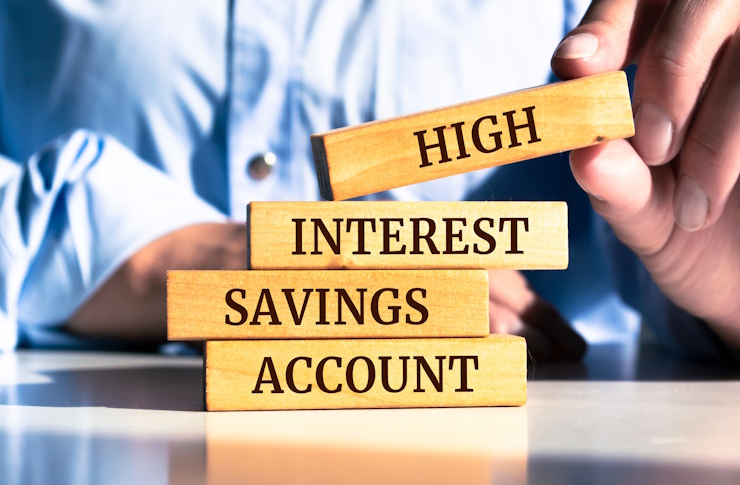The Ultimate Guide to Selling Your Car for the Best Price
Selling a car can be a daunting process filled with uncertainty about getting fair value for your vehicle. Whether you're upgrading to a newer model, downsizing your fleet, or simply need the cash, understanding how to effectively sell your car will maximize your return and minimize hassle. From determining your car's true market value to choosing between selling privately or to a dealership, this guide covers everything you need to successfully navigate the car selling process.
What Factors Determine My Car’s Resale Value?
Several key factors influence how much your car is worth on the resale market. The age, mileage, and overall condition form the foundation of your car’s value. Vehicles with lower mileage typically command higher prices, though this varies by make and model. Brand reputation plays a significant role too - some manufacturers like Toyota and Honda are known for reliability and tend to hold value better than others. Additional features that can boost value include leather interiors, premium sound systems, and advanced safety technology. Service history is particularly important; a well-documented maintenance record can significantly increase buyer confidence and your asking price.
How Can I Accurately Estimate My Car’s Value?
Before listing your vehicle, it’s crucial to determine its fair market value. Several reliable car value estimator tools can help you establish a realistic price point. Kelley Blue Book (KBB) and Edmunds provide comprehensive valuation services based on your vehicle’s specific details. NADA Guides offers values that tend to be slightly higher and are often used by financial institutions. When using these tools, be brutally honest about your car’s condition - overstating can lead to disappointment when actual offers come in. For the most accurate assessment, consider obtaining multiple estimates and look at comparable vehicles currently listed in your area to understand the local market.
What’s Better: Selling Privately or Trading In?
Both options have distinct advantages and disadvantages. Private sales typically yield 10-15% more money than trade-ins, but require more effort. When selling privately, you’ll need to advertise your car, field inquiries, arrange test drives, and handle paperwork yourself. This process can take weeks or even months, depending on your local market and asking price. Trading in to a dealership offers convenience and immediate resolution - you can often drive away in a new car the same day. Some regions also offer tax advantages on trade-ins, where you only pay sales tax on the difference between your new car price and trade-in value. Cash for cars services offer a middle ground, providing quick sales without the complications of dealership negotiations.
How Can I Prepare My Car to Maximize Its Selling Price?
First impressions matter tremendously when selling a vehicle. Start with a thorough cleaning - consider professional detailing for best results. This typically costs $100-300 but can increase perceived value by much more. Address minor repairs that could deter buyers, such as burnt-out lights, worn wiper blades, or small dents. Gather all maintenance records, the original owner’s manual, and any warranty documentation. Take high-quality photos from multiple angles in good lighting, highlighting both exterior and interior features. Consider investing in a pre-sale inspection (typically $100-200) from a reputable mechanic. This transparency builds trust with potential buyers and can justify a higher asking price.
What Should I Know About Cash for Cars Services?
Cash for cars companies offer a streamlined alternative to both private sales and dealership trade-ins. These services specialize in purchasing vehicles quickly, often providing same-day payment and free towing. While they typically offer less than private party value, they excel in situations where you need immediate cash or have a difficult-to-sell vehicle. Some specialize in damaged, high-mileage, or non-running vehicles that traditional buyers might avoid. When evaluating these services, obtain multiple quotes as offers can vary significantly. Verify the company’s reputation through online reviews and the Better Business Bureau. Be wary of quote changes upon inspection - reputable companies honor their initial offers unless you significantly misrepresented the vehicle.
How Do Different Selling Options Compare in Terms of Pricing and Convenience?
When deciding how to sell your car, understanding the trade-offs between price and convenience is essential.
| Selling Method | Average Price Potential | Convenience Level | Time to Complete Sale | Best For |
|---|---|---|---|---|
| Private Sale | 100% of market value | Low | 2-8 weeks | Maximum profit, flexible timeframe |
| Dealership Trade-in | 70-80% of market value | High | Same day | Quick sale with new purchase |
| Cash for Cars Service | 60-85% of market value | High | 1-3 days | Quick sale without purchase |
| Online Car Buying Service | 70-90% of market value | Medium | 3-7 days | Balance of value and convenience |
| Consignment | 85-95% of market value minus fees | Medium | 2-12 weeks | Hands-off selling approach |
Prices, rates, or cost estimates mentioned in this article are based on the latest available information but may change over time. Independent research is advised before making financial decisions.
The selling option that works best for you depends on your priorities. If maximizing value is your primary goal, private selling typically yields the highest return but requires significant time investment. If you need to sell quickly with minimal effort, cash for cars services offer the most streamlined approach. Online car buying platforms like Carvana, Vroom, and CarMax represent a middle ground, offering reasonable prices with relatively little hassle.
What Documentation Do I Need When Selling My Car?
Proper documentation is crucial for a smooth, legal car sale. The title (certificate of ownership) is the most important document - ensure it’s clear of liens and properly signed. If you’ve lost your title, contact your state’s DMV for replacement procedures before attempting to sell. A bill of sale protects both parties by documenting the transaction details, including price, date, and an “as-is” statement. Release of liability forms notify the DMV that you’re no longer responsible for the vehicle. Maintenance records aren’t legally required but significantly enhance buyer confidence. Some states require emissions or safety inspection certificates before sale. Check your specific state’s requirements, as penalties for incomplete paperwork can be substantial.
Selling a car doesn’t have to be overwhelming when you approach it methodically. By accurately valuing your vehicle, choosing the selling method that aligns with your priorities, properly preparing your car, and having all documentation ready, you’ll position yourself for the most successful outcome. Whatever method you choose, thorough research and preparation will always yield the best results.





